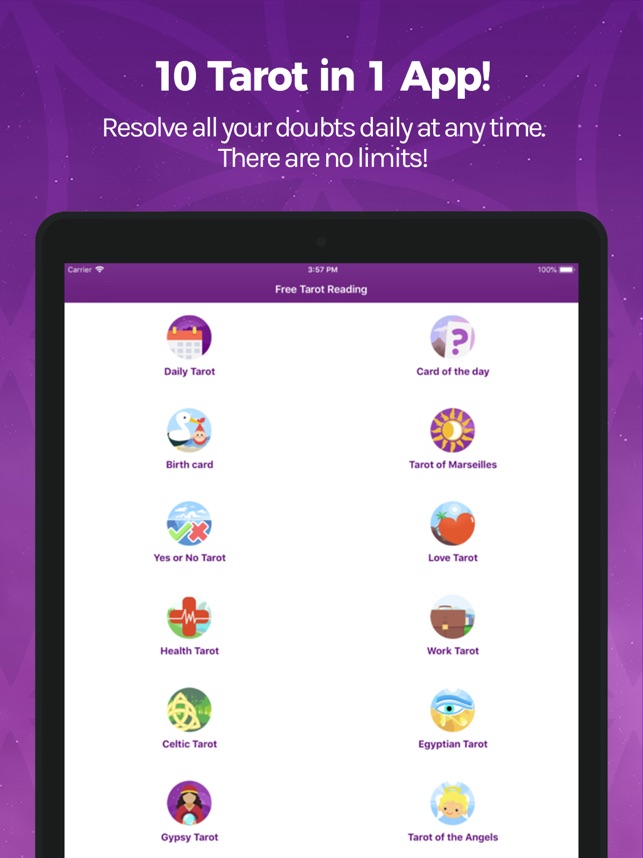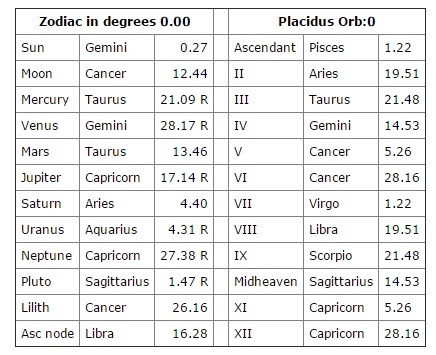
The best NYC energy healing professionals can help you to ease pain, improve your overall health, or connect to spiritual forces. They can assist with a wide variety of symptoms, such as stress, anxiety, grief, or even physical ailments.
There are several types of energy heal, such as Quantum Touch and Shamanic. Each one of these healing practices enhances the body's natural healing abilities.
Reiki is the transmission of bio-energy (a form of subtle vibration) from the practitioner to a patient. It reduces inflammation, relieves pain, and helps to realign bones. The process of healing and psychological well-being can be affected as well.
New York's bio-energy transfer is an old healing method. It's used to relieve chronic pain, inflammation and even severe injuries. It's quick and easy to use and can also be a catalyst in healing.

Reiki is a form or alternative healing that uses elements from several healing techniques. The Reiki practitioner channels the energy in an exact pattern to restore the balance of life force in the body.
Reiki is not the only form of energy healing. Massage helps release tension from the muscles while reflexology stimulates pressure points within the body that promote healing.
Pranic healing is another type. It uses color prana, crystal therapeutics, and energy hygiene to help the patient heal. It can be administered remotely, or in an office.
A clairvoyant can help you identify the areas of your life that need improvement, and can break down cosmic tethers that block your ability to access your inner voice. They can offer practical advice on harnessing your energy and provide you with valuable information.
Ayana is an energy healing practitioner and wellness advocate. Prenatal yoga teacher certification is from Juniper Yoga + Healing Arts. She also holds a certificate as a Health Coach from the Institute for Integrative Nutrition. She can offer crystal healing, sound healing and intuitive medical herbal interpretations. She teaches classes at The Corner Yoga in Williamsburg. She has led workshops and held private events. She is the founder of The Cristalline, a multi-faceted lifestyle company.

Hudson healing also offers energy healing and acupuncture sessions. Their patients are encouraged to balance their emotional and physical lives. Their sessions help clients feel more connected to their true selves, and help to create balance in their lives.
During an Energy Healing session, the client can feel heat, vibrations, and even tingling. The energy healer will inquire about the client's symptoms and use different techniques to determine the root cause. The energy healer may notice an increase in the patient's energy and feel a sense peace.
There are many kinds of energy healers. So it is important that you find the one that best suits your needs. You should also ask questions and find a practitioner you are comfortable with.
FAQ
Is it possible make a living from a hobby?
Not necessarily.
But if your passion is to start a business, you might be able to make a lot of money.
Let's suppose you enjoy cooking. You love healthy food so you open a new restaurant.
You only serve organic, homemade meals and you charge a small amount to customers to cover labor costs.
As you build your clientele, you eventually hire employees to help you.
You can eventually expand your menu to include vegan and gluten-free dishes.
You've now created a profitable business that allows you to live the life you desire.
But, it doesn't mean your day job must be abandoned.
You could, instead, run your restaurant while also maintaining your regular 9-5 work schedule.
What are good hobbies for seniors?
Senior citizens should be able to enjoy activities that they are passionate about. Senior citizens should keep active through participation in physical and sports activities.
They may want to join clubs that allow them to meet others with similar interests. They'll be less lonely as they get older.
Seniors should also keep up with the latest trends. For example, they could follow fashion, art, music, literature, politics, etc.
What are some good hobbies?
Hobby Ideas for people who love to learn and teach others.
Hobbies allow you to enjoy what you love while also learning new things.
There are many different types of hobbies, but they all have similar characteristics. They are usually enjoyable activities that don't require a lot of effort and can be very economical.
These also involve helping others.
Although you might not consider yourself a teacher, there are likely things you can do to help others learn.
If you're looking for more creativity in your life, think about starting a hobby so you can share your talents with others.
How do I get started with my new hobby?
First, decide what type or activity you want to pursue.
Once you have decided on your subject, passion is the key.
It's important to understand why you want to start a particular hobby. This will help you to find your purpose and direction.
Once you have determined what hobby you wish to pursue, you can plan your next steps.
You should think about the equipment you'll need.
Consider whether you need to attend classes or seminars.
You must ensure you have enough room for your hobby.
You may also consider joining a club or group. These groups can offer support and guidance.
Finally, think about how much money you would need to spend on your hobby.
Statistics
- The Role of the Mind in Sex, Dating, and Love: Men in the “humor” condition received phone numbers from 42.9% of the female participants and were refused 57.1% of the time. (time.com)
- Almost 80% of people claim to have no hobby. (hobbylark.com)
- This 100% accurate personality-analyzing hobby quiz discovers your passion based on your characteristics. (quizexpo.com)
- Studies show that just six minutes of reading can reduce stress levels by 60 percent. (oberlo.com)
- In comparison, men in the “no humor” condition were refused 84.6% of the time and were only accepted 15.4% of the time. (time.com)
External Links
How To
How to begin gardening
Gardening is one the oldest forms. You need patience, perseverance, and determination. It is important to choose the right location for your garden. It could be large land, or just your backyard. Next, decide what type of plants you want to grow. Are you more fond of flowers or vegetables? Some people like to grow herbs and others enjoy raising livestock, such as rabbits. Before you decide which crops you will plant, consider the amount of space you have. If your climate is cold, you may decide to plant berries and fruits.
Once you have selected the plants you wish to plant, you should prepare your soil. Soil is essential in determining whether your plants will thrive or fail. High quality soil is rich in organic matter, which feeds your plants' roots. Organic matter is made up of leaves, twigs grass clippings, manure and compost. Once you have prepared your soil, you need to add nutrients. You will need different amounts of nutrients depending on which type of plants are being grown. You can calculate these values online with a fertilizer calculator. There are many fertilizers on the market, so ensure you understand what you are buying.
Now, wait for your seeds to germinate after you have prepared your soil and added the necessary nutrients. This can take anywhere from two weeks to three months depending on where you live and how warm it is. Once your seeds have sprouted, you need to water them regularly. You can endanger your plants if you water them too often or too little. You should ensure that your plants get enough water at regular intervals. Avoid overwatering. Overwatering your plants can lead to root disease and fungal infections. When watering your plants, remember that most plants require less water during the warm summer months than in winter. Remember that some plants require drying out after being watered. For example, tomatoes need to stay slightly moist but not wet. Soggy soil is not good for them. After they have finished flowering, they must go dormant. Dormancy is when plants stop producing new growth and begin storing energy for the next season's harvest. Dormancy means that the plant stops communicating with its roots about producing food. Throughout this time, plants can store energy. Plants will soon die if they are exposed to too much or too cold temperatures.
Urban areas can limit your choices for plants. Concrete sidewalks and roads, as well as parking lots, are common in urban areas. This blocks sunlight from reaching the ground. Concrete absorbs light and prevents soil below from getting sufficient sun exposure. Many plants can't thrive in urban environments because they lack sunlight. There are many plants that can survive in urban environments. Many perennials, trees, and shrubs are able to adapt to urban living. Many annuals can also grow indoors in pots. You can bring greenery inside your home all year round, regardless of the weather.
Now that you have decided where to place your garden, chosen what you will grow, and prepared your soil, you are ready to plant!